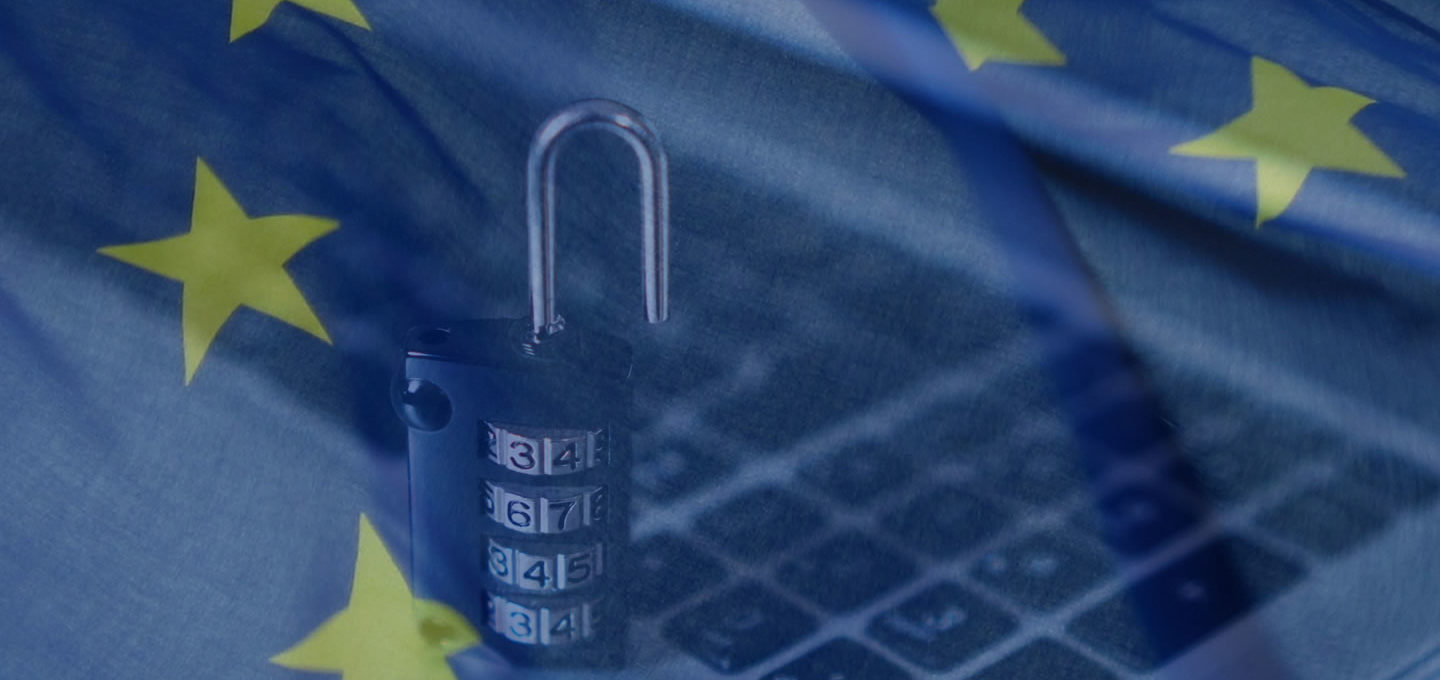In two months time, the first major change to Data Protection laws for twenty years will come into place — the new General Data Protection Rules (GDPR) will undoubtedly make customer data safer online, but will also demand significant process change within organisations.
Since the revolutionary GDPR was first announced, businesses have been working hard to ensure their ways of working comply to the new guidelines. For businesses who don’t prepare and make the necessary changes, they may face heavy penalties or worse. However, if your company still feels in the dark about how your data handling and marketing strategy will have to change in the wake of the GDPR, there are a number of steps you can take now to future proof your data collection.
1. Utilise pop-up boxes on your website
Pop-up windows are generally divisive tools — some web designers see their value as attention-grabbing pieces of graphic design, others think they irritate site visitors and create negative user experience. Regardless of your stance, you may come to reappraise pop-ups as they offer a quick solution under new GDPR.
If you’ve not already built a cookie information pop-up to your website’s homepage, then now is the time to do it. Make sure your copy is informative and explains to your visitors how and why their data is being collected; you can even link to a fuller explanation elsewhere on your website.
Under new protection laws, you want your data collection and processing policy to be as transparent and up-front as possible. For more information, read Sage’s infographic on how to comply with the new GDPR laws to be imposed this May.
2. Assess your current data storage solutions
How do you keep hold of customer data in your organization? Whether it’s on a seemingly never-ending Excel sheet or a Google docs database, chances are you’ll need to switch to a more secure and up-to-date solution. Your data storage platform must be 100% secure and compliant with GDPR laws — the best way to guarantee this is to use a trusted CRM party that offers optimal security.
3. Preparation, preparation, preparation
When the new laws come into play on May 25th, 2018, your company must be immediately ready to comply. To do this, you need to be preparing for the changes today.
Task someone within your workforce to research all the technical requirements of data protection under the new GDPR, and deduce what it means specifically for your industry and your organisation. If you are an online retailer, you will absolutely be required to change your ways of working, as all business activities may be affected, especially the use of email campaigns.
One way you can prepare is to compose response emails to clients and customers, should they begin to request more details on the data held for them and how it’s being used. The new GDPR states that businesses must be able to provide a copy of individuals’ personal data, free of charge, in an electronic format. The sooner you get these templates in place, the more minimal the fallout will be this May.
Conclusion: GDPR, it makes good business sense
While the introduction of the GDPR will demand substantial change, the ethos behind these new laws make good business sense. The GDPR represents transparency, honesty and integrity: all characterizes any good business should uphold. Therefore, try to view the GDPR not as a burden, but as a challenge to meet and a way to improve your business practices.
Photograph by Descrier

